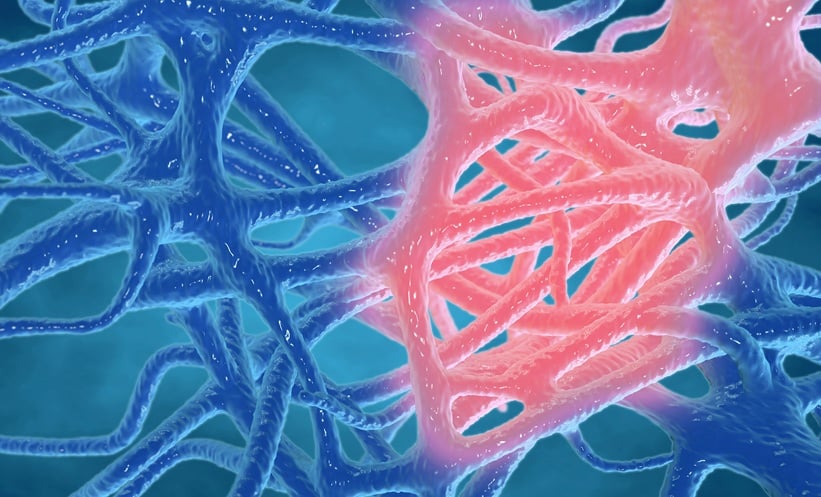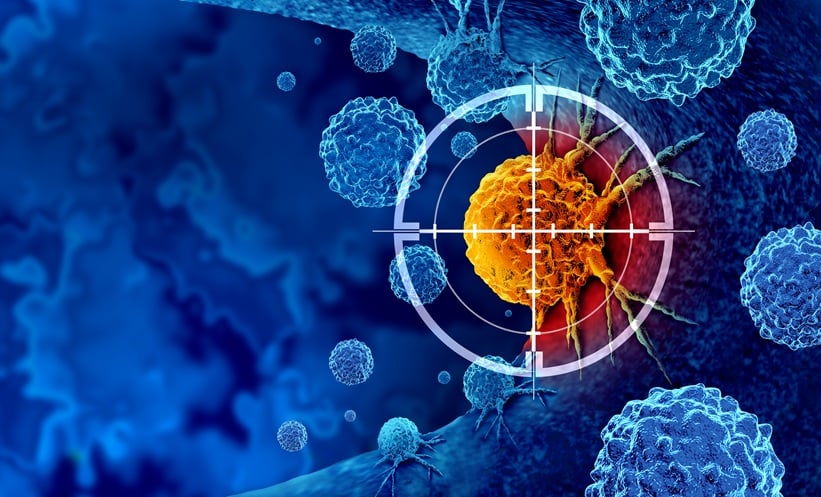ENVIRONMENTAL factors, especially infections, have played a defining role in shaping human evolution. They exerted selective pressure for strong inflammatory defences that increase survival, yet chronic inflammation is now a major contributor to disease and mortality. This paradox raises crucial questions about ageing: How do we balance inflammation’s benefits and harms? Why does healthspan vary so much despite consistent ageing rates? And does evolution favour reproduction over longevity?
To address these questions, researchers developed a new evolutionary framework centred on immune robustness, the ability to fight infection while limiting damage. This is supported by three dimensions: exposure to inflammatory stressors, salutogenesis (health-promoting biological processes), and immune resilience (the capacity to recover from immune challenges).
When immune robustness fails, it activates a “pathogenic triad”: inflammaging, immune senescence, and harmful accumulation of senescent cells. These processes actively drive ageing-related diseases, independent of chronological age.
In a study involving over 17,000 people from birth to age 90, scientists mapped immune resilience (IR) over time. They found that individuals with high levels of TCF7, a key gene regulating T-cell health, had a favourable “IR-TCF7^high” profile. This group was less likely to develop the pathogenic triad, suffered fewer age-related diseases, and lived longer. TCF7’s role in regulating immunity is evolutionarily ancient and conserved, underscoring its biological importance.
This work also identifies three IR phenotypes, preservers, reconstituters, and degraders, that reflect different responses to inflammatory stress and help explain the wide range of health outcomes in ageing. These findings suggest that human longevity isn’t strictly limited by biology, but rather by how well we maintain resilience mechanisms shaped by evolution.
Importantly, the study outlines therapeutic targets, including senolytics and immune modulators, to preserve or restore immune robustness. Midlife appears to be a crucial window for intervention.
By reframing ageing through an evolutionary lens, this research shifts the focus from disease treatment to promoting salutogenesis, a proactive strategy to sustain health and extend lifespan through immune resilience.
Reference
Manoharan MS et al. The 15-Year survival advantage: immune resilience as a salutogenic force in healthy aging. Aging Cell. 2025;DOI:10.1111/acel.70063.






